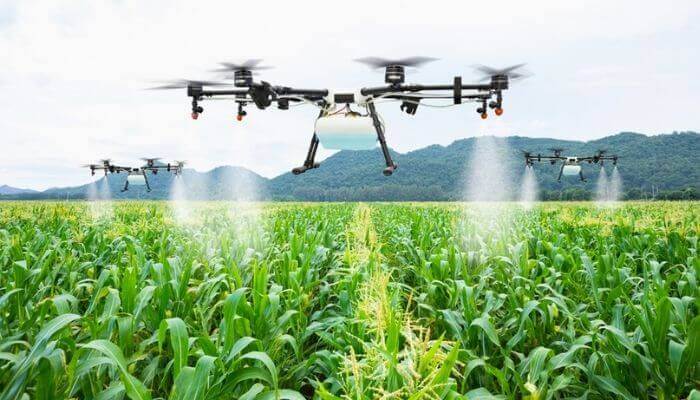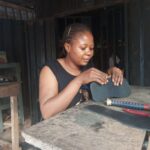The African Development Bank, or AfDB, is working to boost export revenues or import substitution in Africa by promoting commodities with a high potential to achieve the goal.
For this reason, it recently started working with governments and the private sector to create Special Agro-Industrial Processing Zones (SAPZ) in 11 African countries, Côte d’Ivoire, Guinea, Mali, Madagascar, Senegal, Togo, and Ethiopia.
SAPZ will “…will turn the rural landscape into economic zones of prosperity” and harness “the power of commercial agriculture and food production,” the bank said, adding that it will complement already existing or completed projects the bank has financed in the affected countries.
The co-financed project is the largest in Nigeria, which received $210 million from AfDB, another $310 million from the Islamic Development Bank and the International Fund for Agricultural Development. Meanwhile, the Nigerian government provided $18.05 million, bringing the total to $538.05 million.
SAPZ in Nigeria will cover specific value chains across seven states in the six geo-political zones.
The states are Cross River (cocoa, rice, and cassava); Imo (beef and dairy livestock); Kaduna (tomato, maize, and ginger); Kano (rice, tomato, groundnuts, and sesame oil); Kwara (livestock), Ogun (cassava, rice, poultry, and fisheries); and Oyo (cassava, soybean, rice).
The programme, which will create job opportunities during its construction and operational phase, has four broad components: support the development of climate-adapted infrastructure for Agro-Industrial Hubs, improve agricultural productivity and enterprise development to enhance agricultural value chains and job creation in the SAPZ Catchment Areas, support Agro-Industrial Zone Policy and Institutional Development, and Program Coordination and Management.
“These very innovative public-private partnership models will help us to transform the agriculture sector much faster and use it to generate wealth,” said President Muhammadu Buhari through his media aide, Femi Adesina.
“They will also allow our country to develop integrated infrastructure around our agricultural processes and add value to the production of crops, livestock, and fisheries.”
On his part, Cross River State governor, Ben Ayade, said, “the SAPZ program will help Nigeria develop an economy independent of oil. The program is a classical departure from other projects we know.”
If the SAPZ programme delivers on its objectives, it will create good-paying agro-industrial jobs and opportunities and radically improve agricultural export earnings.
The African Development Bank (AfDB) is enhancing export revenues and import substitution in Africa through Special Agro-Industrial Processing Zones (SAPZ) in 11 countries, including Côte d'Ivoire, Guinea, Mali, Madagascar, Senegal, Togo, and Ethiopia. These SAPZs aim to transform rural areas into prosperous economic zones by leveraging commercial agriculture and food production.
Nigeria's SAPZ project, the largest co-financed initiative, received $538.05 million from AfDB, the Islamic Development Bank, the International Fund for Agricultural Development, and the Nigerian government. It focuses on specific agricultural value chains across seven states: Cross River, Imo, Kaduna, Kano, Kwara, Ogun, and Oyo.
The program includes developing climate-adapted infrastructure, improving agricultural productivity, supporting Agro-Industrial Zone policy, and coordinating program management. This initiative aims to create jobs, enhance agricultural value chains, and generate wealth. Nigerian President Muhammadu Buhari and Cross River State Governor Ben Ayade highlight the program's potential to reduce oil dependency and improve economic stability.






